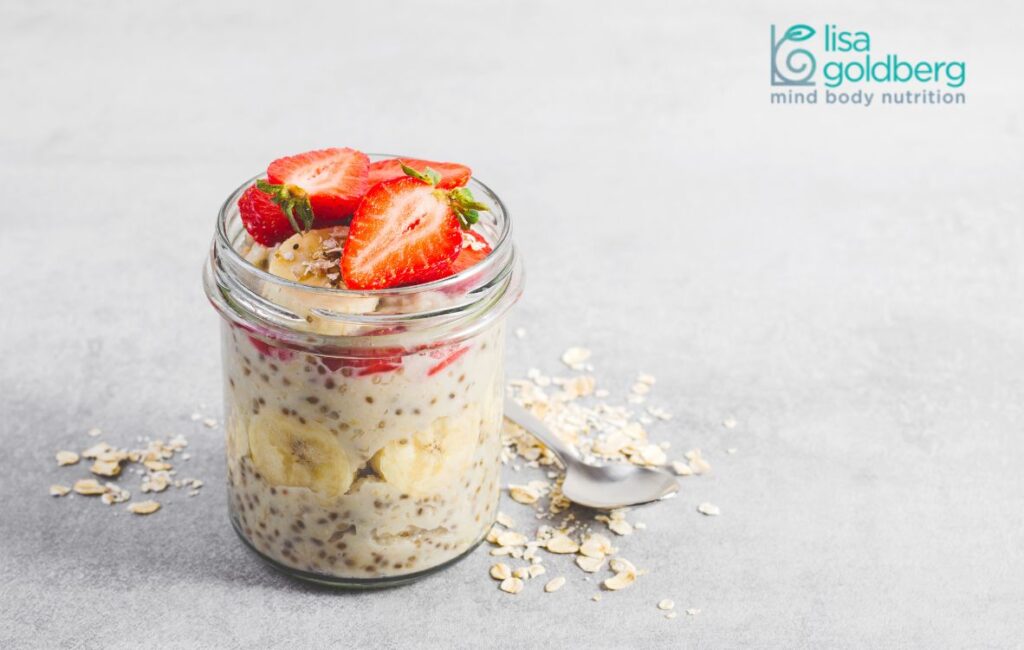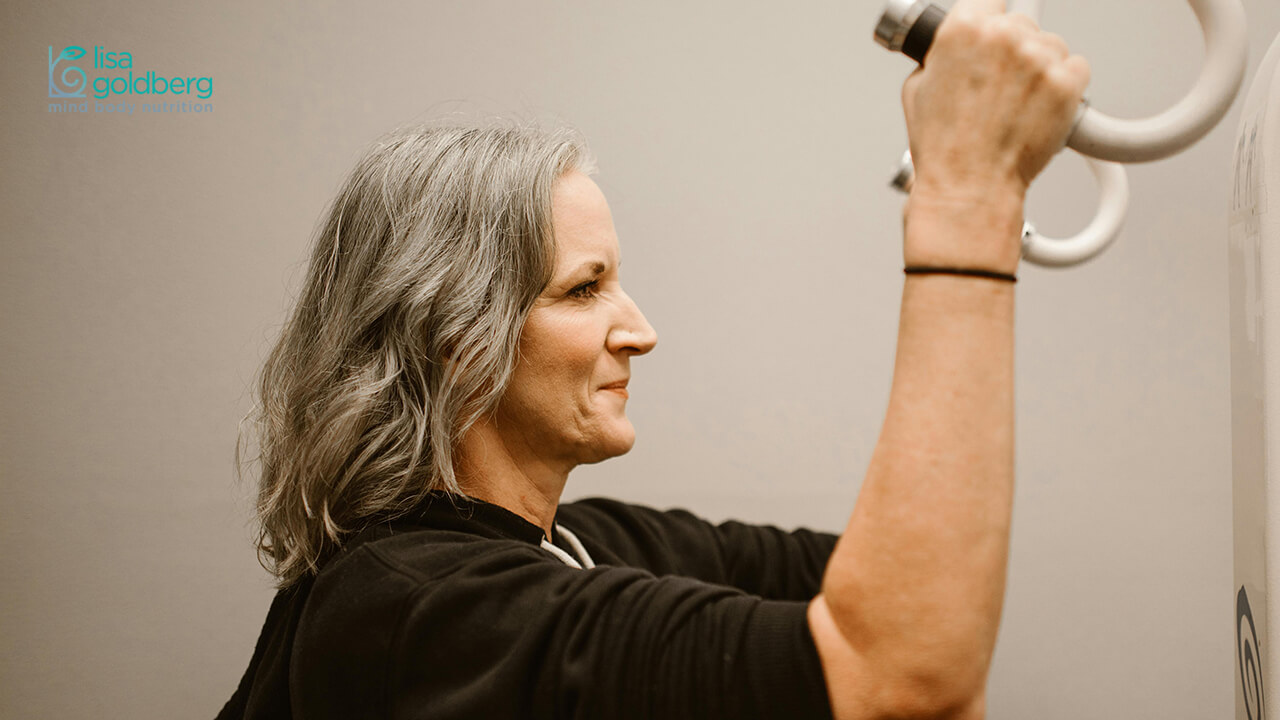Why Nutritional Health Matters for Women Over 40

Hormonal fluctuations during perimenopause can disrupt nutrient absorption, while modern lifestyles often lead to dietary gaps. This makes maintaining an optimal nutrient intake challenging. For women seeking to manage their weight effectively, a nutritionist for weight loss can provide tailored advice to support both nutritional and fitness goals.
Stress, poor dietary choices, and reliance on processed foods are common culprits behind deficiencies. While whole foods are the ideal nutrient source, supplementation can serve as an effective backup plan to fill dietary gaps.
1. Magnesium Deficiency: The Silent Epidemic
- Increased risk of type 2 diabetes, osteoporosis, and cardiovascular issues
- Symptoms like muscle cramps, insomnia, fatigue, and mood swings
Magnesium-Rich Foods:
Incorporate nuts, seeds, leafy greens, and whole grains into your meals to boost magnesium levels. If dietary changes are insufficient, consult a nutritionist for weight loss to determine if supplementation is right for you.
2. Vitamin D: The Sunshine Nutrient
Signs of Deficiency:
How to Optimize Intake:
- Get natural sunlight exposure
- Consume vitamin D-rich foods like oily fish, eggs, and fortified products
- Consider supplementation, especially during autumn and winter months
A nutritionist can help assess your vitamin D needs through blood tests and recommend the right dosage.
3. Omega-3 Fatty Acids: Brain and Heart Health Boosters
Omega-3s are essential for cognitive and cardiovascular health, yet many women don’t consume enough.
Sources of Omega-3:
- Fatty fish like salmon, mackerel, and sardines
- Plant-based options like flaxseed, walnuts, and chia seeds
If you’re not a fan of fish, plant-based omega-3 supplements are excellent alternatives. A nutritionist for weight loss can guide you in choosing high-quality supplements tailored to your diet and lifestyle.
4. Creatine Monohydrate: Beyond Fitness
Creatine is renowned for improving strength and endurance during workouts, but it also offers cognitive and recovery benefits, particularly for women over 40.
Benefits Include:
- Enhanced exercise recovery
- Cognitive support
- Injury prevention
If weight management or fitness is a priority, a nutritionist for weight loss can advise on incorporating creatine safely into your regimen.
The Role of a Nutritionist for Weight Loss
Addressing nutritional deficiencies is key to achieving overall health and weight management. A nutritionist can design a personalized plan to ensure you get the right balance of nutrients, whether through diet or supplementation. They can also help you navigate misleading supplement claims to avoid wasting time and money.
In Summary
Nutritional deficiencies especially magnesium, vitamin D, and omega-3 are common among women over 40 and can contribute to fatigue, low mood, and weight management challenges. Addressing these deficiencies through a balanced diet and, when necessary, supplementation under professional guidance is crucial.
For those struggling with health or weight issues, consulting a nutritionist can offer invaluable insights and strategies tailored to your needs.





